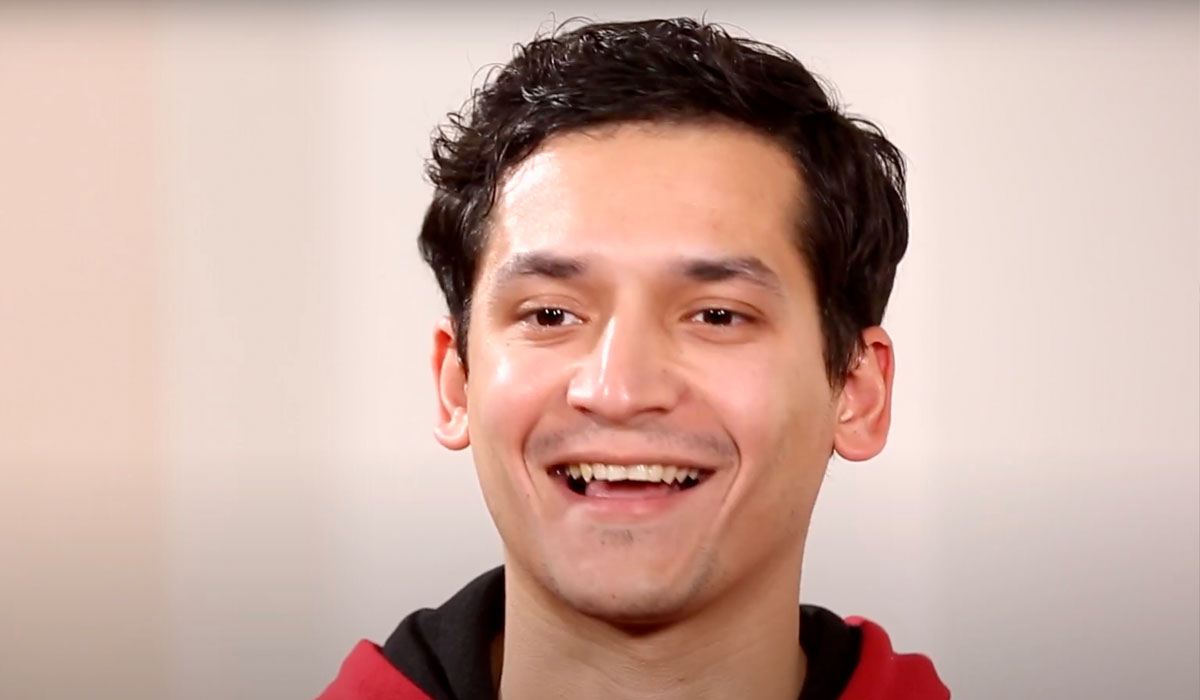Ahmed Elekiaby, MD, is a physician at the Shabrawichy Hospital in Giza. He said that thanks to WFH Humanitarian Aid Program donations and advocacy support, government funding has gone up over the last several years, and he has seen a commensurate improvement in treatment. Patients are healthier and happier, and in many cases, lives have been saved.
In the case of Ammar El Kassaby, improved care saved him from a life of disability. He had his first bleed as a baby during his circumcision. His father describes the reaction of the two physicians working at that time as being “terrified” because they didn’t know what was going on. He wasn’t diagnosed at that time because hemophilia training was lacking in the medical community. Ammar would go on to have hemophilia-related issues throughout his childhood, including a knee bleed which caused him to drop out of a swimming competition. The knee would later require surgery, but inadequate care meant that there were complications after the procedure. It wasn’t until years later—when factor availability and hemophilia knowledge had improved drastically—that he was able to get proper treatment for his knee.
“If factor becomes more available,” said Mohamad El Kassaby, Ammars’ father, “that would end the suffering for people with hemophilia and their families.” This sentiment is echoed by Mohammed Soliman, a hemophilia advocacy leader in Egypt. He has seen first-hand the difference more factor and better can make in the life of PWBDs. These concrete and factual results are then used for advocacy. “The success stories of the Egyptian Society of Hemophilia … gave us a chance to showcase [the challenges felt by the community] to Egyptian health officials. We told them about the WFH Humanitarian Aid Program and how it helped save people’s lives.”
The WFH Humanitarian Aid Program has donated over 47 million IUs of donated factor to Egypt since 2015. To see other testimonials in Egypt, please watch the video above. To find out more about the Program, please click here.
About the WFH Humanitarian Aid Program
The WFH Humanitarian Aid Program improves the lack of access to care and treatment by providing much-needed support for people with inherited bleeding disorders in developing countries. By providing patients with a more predictable and sustainable flow of humanitarian aid donations, the WFH Humanitarian Aid Program makes it possible for patients to receive consistent and reliable access to treatment and care. None of this would be possible without the generous support of Sanofi Genzyme and Sobi, our Founding Visionary Contributors; Bayer and Roche, our Visionary Contributors; Grifols, our Leadership Contributor; and our Contributors, CSL Behring and Takeda. To learn more about the WFH Humanitarian Aid Program, visit www.treatmentforall.org.













